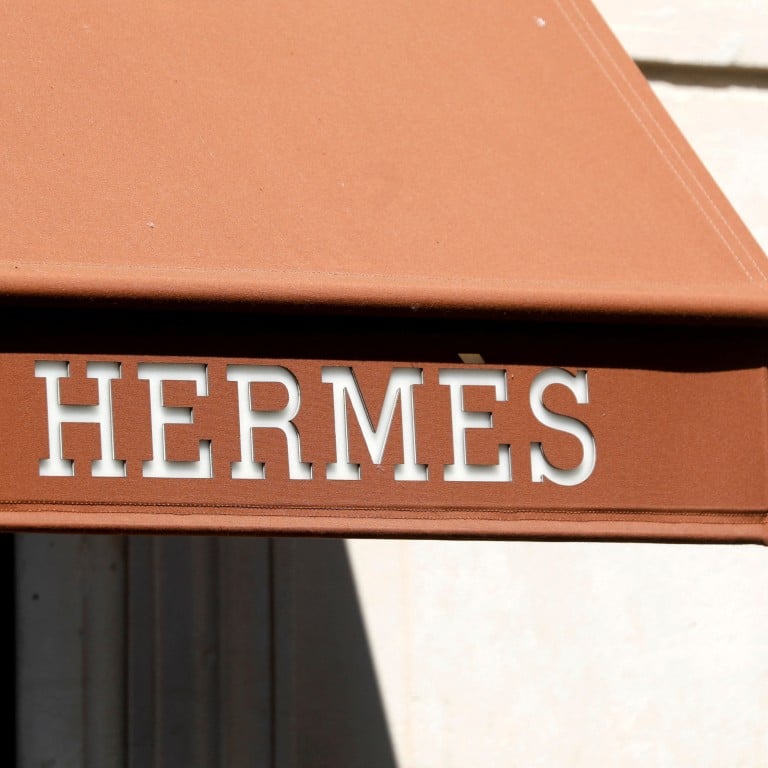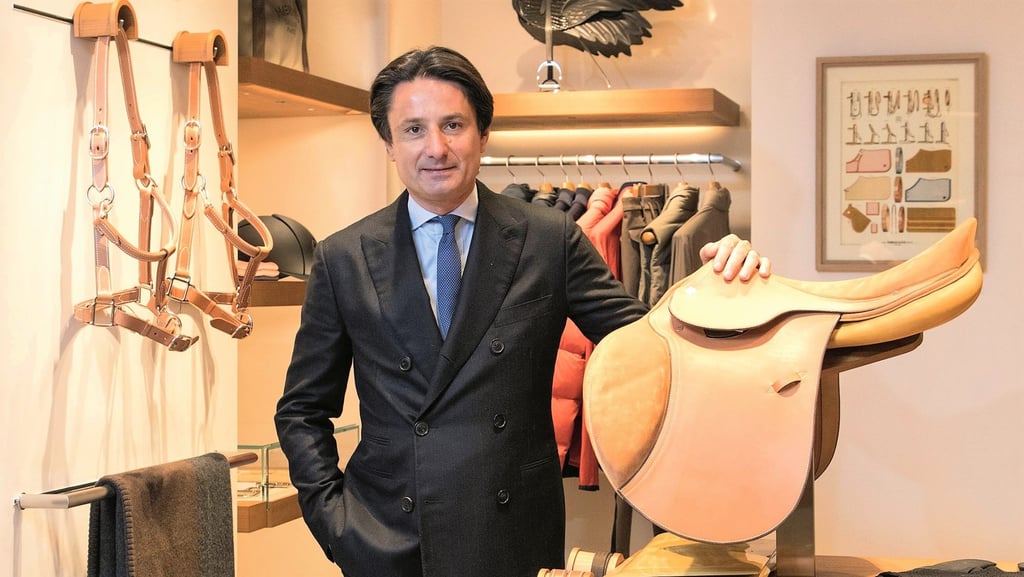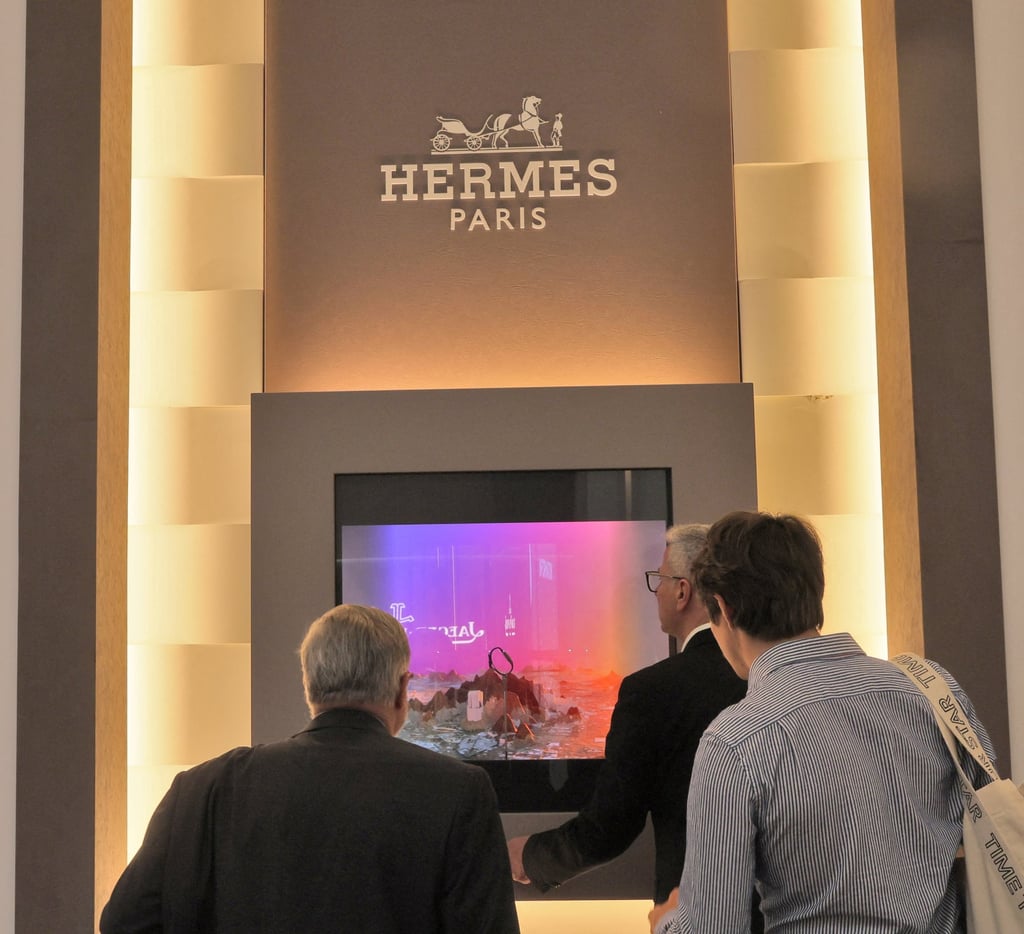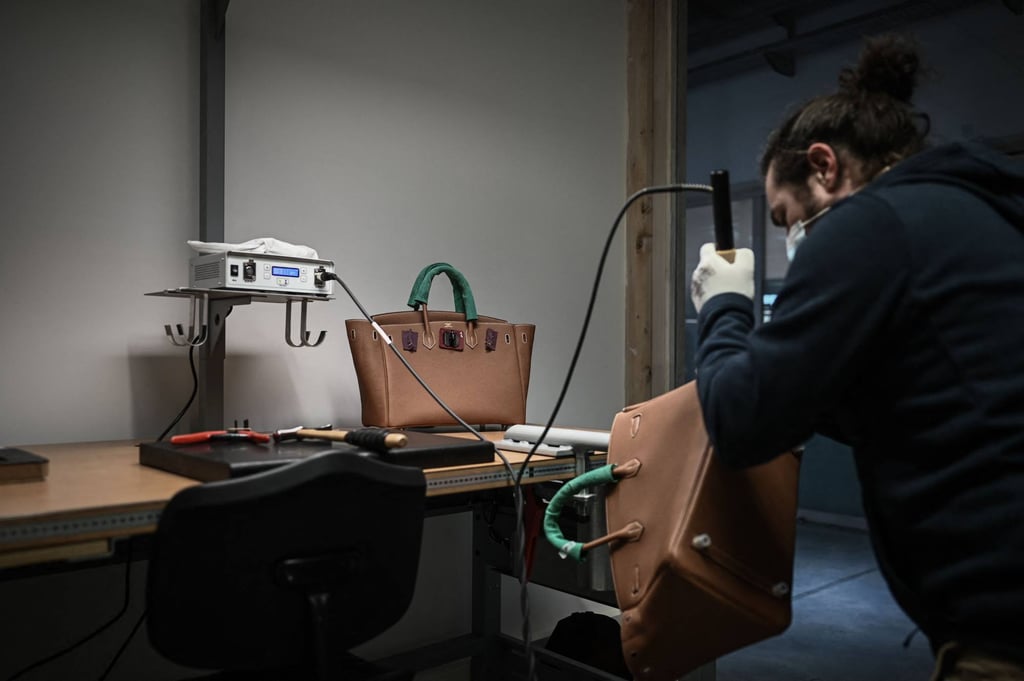Advertisement
Advertisement
Advertisement
Why is Hermès skipping out on the second-hand luxury market? Like LVMH, the Birkin bag maker is disinterested in sustainable, pre-owned fashion platforms
STORYReuters

- In light of growing consumer interest in preloved fashion, especially environmentally conscious millennials and Gen Z shoppers, some luxury brands like Kering are embracing the practice
- Not Hermès, though – the maison is well-known for its ultra-exclusive leather goods, such as the US$10,000-plus Birkin, which has output caps so demand always exceeds supply
Birkin bag maker Hermès is not interested in getting involved in the fast-growing second-hand luxury market which has attracted some its rivals, its chief Axel Dumas said on Friday, July 29.

Unlike Kering, which has invested in reseller Vestiaire Collective and sells some of its labels on platforms for pre-owned wares, Hermès sees the second-hand market as a threat, saying it drives up prices and can fuel counterfeiting.
Advertisement
“It would be to the detriment of our regular client who comes to the store,” Dumas told analysts following strong first half results when asked if he had engaged with any reseller.

Luxury brands have traditionally been wary of second-hand dealers, but rising interest in pre-owned fashion from younger, environmentally conscious shoppers has prompted some labels to reconsider their position.
Hermès is renowned in the industry for its careful management of production and stocks, which have helped maintain its aura of exclusivity.

It has output caps so that demand for its high-end handbags always exceeds supply. Its coveted US$10,000 plus Birkin model generates waiting lists and can sometimes cost more on the resale market than in Hermès stores.
Select Voice
Select Speed
1.00x